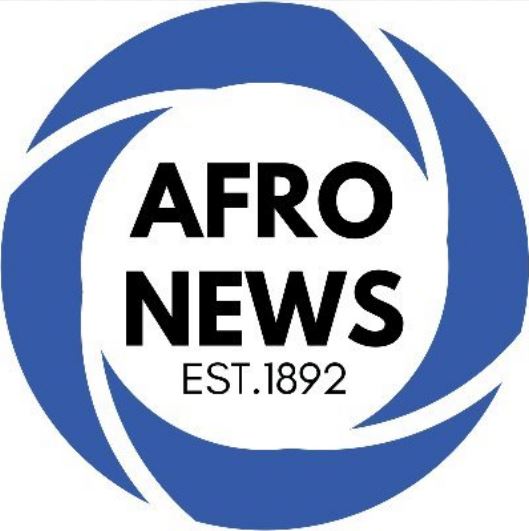For lawmakers in Prince George’s County, this year’s General Assembly is all about boosting the image of Maryland’s second-largest Black enclave. Members of the county’s delegation say they are working on various forms of legislation to improve residents’ quality of life and attract prospective residents.
Sen. Nathaniel Exum (D-Dist. 24) is introducing a bill that will outlaw future drive-through liquor stores in the county. “I think times are changing with the new drunk driving laws that have been proposed and passed,” said Exum. “There seems to be an affinity to stop these types of facilities from going on in the county, especially any additional ones.”
Exum said these types of stores can at times attract an unsavory element, particularly in communities inside the Beltway. “Selling liquor is directly related to crime especially in inner Beltway communities in Prince George’s County,” he said. “The statistics that I’ve looked at indicate the more you have, the more crime there seems to be in those areas. Although this won’t necessarily remove many of those , it would show the sense of the county moving forward.”
Meanwhile, Del. Gerron Levi (D-Dist 23A) is also working on a bill intent on suppressing crime in the county. The bill strengthens a statute passed in 2007 regarding prosecution of criminals involved in gang activity.
“Back in 2007 we passed a criminal gang statute and this would be strengthening the statute,” Levi said. “It would be easier to use by prosecutors and easier to prosecute gang-related offenses.”
The bill has good timing as Prince George’s and Montgomery Counties recently received $2.7 million in federal funding to jointly fight gang activity. That legislation lends credence to what Prince George’s County Police Chief Robert L. Hylton claimed is the the county’s new “zero tolerance policy” on gangs.
Chair of the county’s Senate delegation, Sen. Douglas J.J. Peters (D-Dist. 23), is co-sponsoring multiple bills that will impact the county’s residents.
One bill is would require prison wardens and administrators to develop aftercare programs for prisoners to participate in before being released back into the public.
“An individual making the transition back into the civilian world after prison has a real high possibility of relapse if they don’t continue their substance abuse program,” said Peters. “This is a way to build a bridge between coming out of prison and going into society.”
With the county’s crime rate at a record low, keeping those who’ve already committed crimes from repeating the pattern is crucial to maintaining that rate, he said.
“We’re very concerned that people are coming out of prison are getting healthier,” Peters said. “You have people that suffer from substance abuse and they get out of prison after getting counseling and there’s nothing there. Then they’re going to go right back to substance abuse and that leads to a lot of problems.”
Peters is also co-sponsoring a bill with an eye to job creation and recovery. This bill would give a tax break to companies who employ people who currently receive unemployment benefits. The bill is not only designed to create jobs, but also to generate money for the state from income tax, which recently declined.
“There’s a huge amount of stress on the unemployment rolls right now,” he said. “We really need to get people working again and off the unemployment insurance trust fund.
“We have to get people off unemployment and get them working so they can help on the credit side where they’re going to produce revenue and we can generate some income tax.”
Maryland’s General Assembly has hearings scheduled until Feb. 22.
Please visit mlis.state.md.us for more information.


